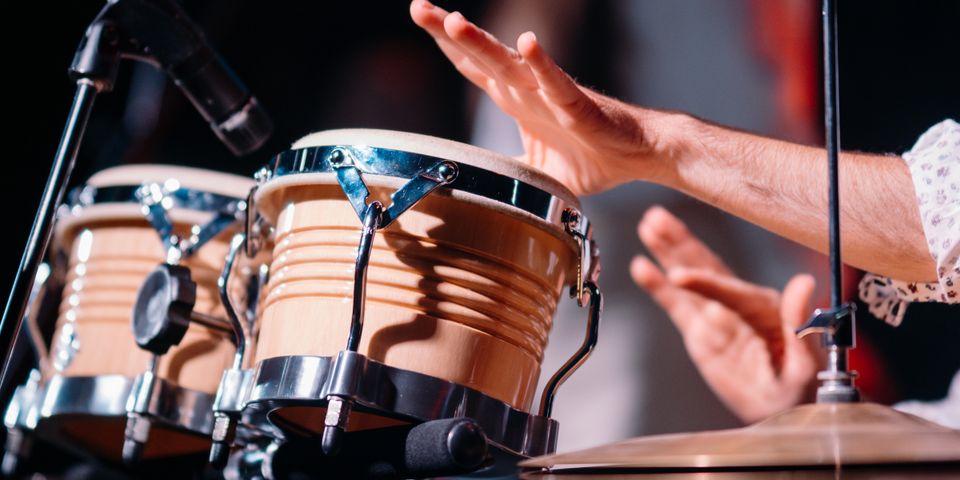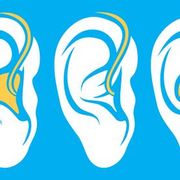4 FAQ About Music-Induced Hearing Loss

When playing or listening to music, you might like it loud. Hearing loss can occur quickly or over an extended period, depending on the loudness of music and how long you hear it. These questions will help you understand how to protect your hearing.
What to Know About Music-Induced Hearing Loss
What Are the Signs and Symptoms?
Ringing in the ears indicates overexposure to sound. Another sign is not being able to understand when other individuals are talking, especially in a noisy room or on the phone.
What Are Safe and Unsafe Decibel Levels?

Sound is measured in units called decibels (dB). A-weighted decibels (dBA) describe sound based on the ability of human ears are able to hear. A normal conversation occurs at around 65dBA.
Generally, sounds at or below 70 dBA are considered safe. Sounds at 85 dBA or louder are more likely to damage your hearing permanently over time. Research shows that at 100dBA, hearing damage can start occurring as quickly as within 15 minutes. Sound at 85 dBA that lasts a few hours, at 100 dBA lasting at least 14 minutes, and at 110 dBA lasting at least 2 minutes can cause damage.
What are the decibel levels of popular instruments?
Pianos produce 84dB to 103dB, violins, 82dB to 92dB and flutes, 92dB to 103dB. Electric guitars range from 92dB to 110dB, tympani and bass drums, from 106dB to 110dB. Symphonic music peaks at 140dB, while rock music peaks at 150dB.
How can musicians protect their hearing?
Wearing protectors such as earmuffs or customized earplugs can protect musicians' hearing while performing or practicing. Taking regular breaks from the sound and turning down the volume helps. An app that measures the sound volume tells performers the surrounding level, so they can make adjustments.
If you need an evaluation or treatment for hearing loss, turn to Northwest Alabama Hearing Clinic in Hamilton, AL. Licensed audiologist Dr. Angie Kerr helps individuals needing various services, including audiometric testing and hearing aids. She can fit you with a comfortable set of hearing devices to improve your ability to detect sound. Dr. Kerr wants you to stay safe and enjoy a better quality of life. For more about her services, visit the website. To schedule an appointment, call (205) 952-9944.
About the Business
Have a question? Ask the experts!
Send your question

